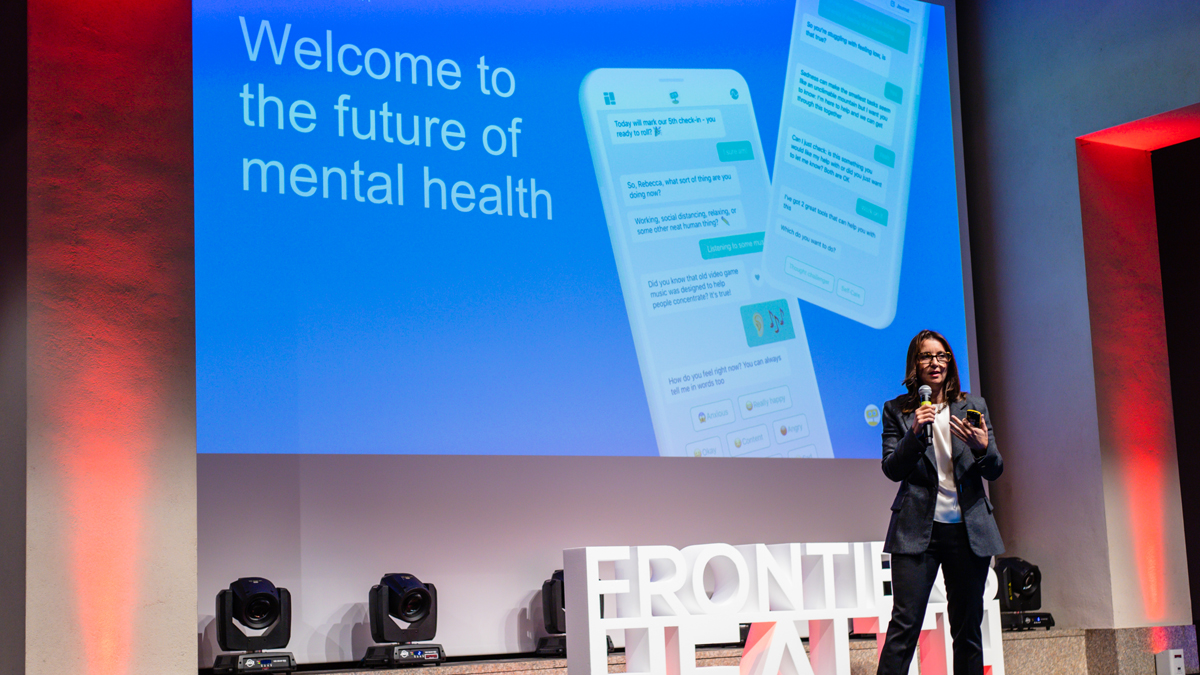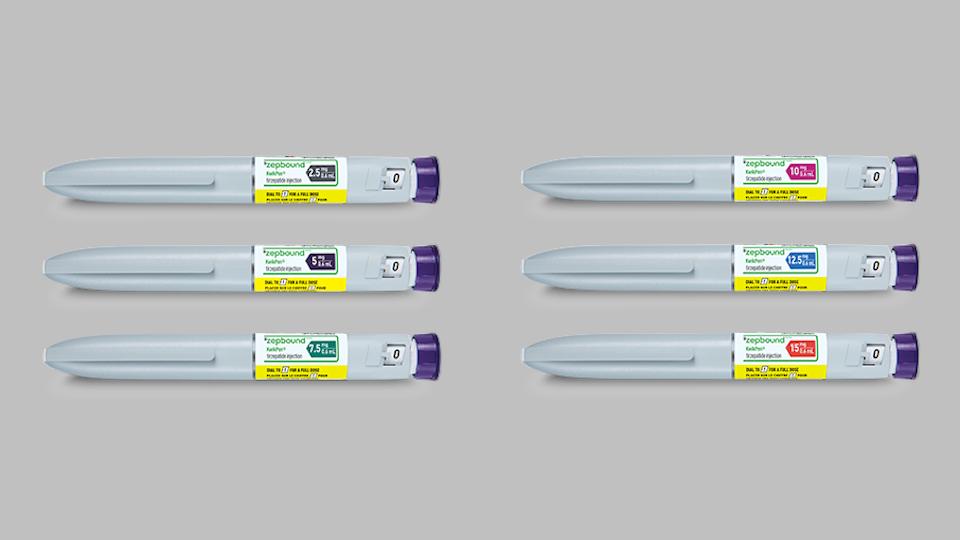Frontiers Health Steering Committee spotlight – Monique Levy

As the Frontiers Health 2022 conference in Milan on 20th to 21st October approaches this week, pharmaphorum has been catching up with members of the event’s Steering Committee to find out more about what drives both them and the event itself. Here, Monique Levy, chief business officer at Woebot Health, discusses her winding road into the world of health tech, starting out at the World Bank, where she worked on public health.
“My early work was in understanding HIV and attitudes to why people were and weren't having safe sex,” she told pharmaphorum.
“I kind of realised that people aren't really rational beings, and I moved into doing a PhD in health psychology, which is really going deep into cognitive and behavioural sciences and understanding why sick people do what they do and how to help them.”
But before Levy could finish her dissertation in health psychology, she got caught up in the burgeoning world of health tech in the early aughts.
“We were trying to figure out many of the things we're doing today, but we had early tech — no mobile, widgets on desktops,” she said.
After more than a decade in the consulting game, helping life sciences companies keep up with trends in tech, Levy found herself on the operations side.
“I've been at several companies since 2016 that were trying to build different parts of the ecosystem,” she said.
“Over the last five or six years I've been helping businesses unlock science and bring it to market. That's what I do.” Her latest destination? Woebot Health, the digital health start-up famously creating what the mainstream tech press has called a “chatbot therapist”. The company prefers “relational agent for mental health”. Whatever you call it, it’s brought Levy back to her health psychology roots, as the company is strongly focused on building meaningful patient engagement.
Meaningful engagement
Patient engagement in healthcare takes cues from customer engagement in other industries, but healthcare isn’t like any other industry. Levy wants Woebot to lead the industry in thinking of engagement not just as a business idea, but as a clinical one.
“We kind of take the view that it's a psychological principle, it's not just a user engagement principle,” she explained.
“The whole centre of the company was based on [Founder Alison Darcy] thinking about good therapy as being in a related state. So, she built the technology on this relational agent because keeping a therapeutic alliance is the first thing you have to go for. And, based on that, you can think about delivering care. It's not an interface problem or a marketing problem you do at the end of developing a therapeutic.”
As the digital therapeutics market in mental health heats up, Levy hopes that’s a lesson that can be shared.
“We're very excited that other people want to be patient-centred, but we'd love to open up the conversation to think about this from a psychological point of view of building a therapeutic alliance,” she said.
“We're very excited about that aspect of developing therapeutics.”
A new world for mental health
As controversial as it may be to use AI agents for mental health, Levy argues that they’re an important tool to meet what is otherwise an impossible level of demand.
“The stark reality is that we're not designed to meet the demand we have today,” she said.
“There's a design flaw – doing more of what we have is not going to cut it. We can't get enough people; we can't get enough expertise. We're learning that mental health disorders start very early, and we're only dealing with them once they get severe. You have to get sick to get better, as opposed to you can't find people when they're in the process of getting sick. So, I think there's a bit of a design flaw in how we have built the system.”
Therefore, digital therapeutics will have a role to play in the future of mental health care. Exactly what that role will be is something the industry will have to figure out at conversations like the ones that will happen at Frontiers Health.
“I think we're going to have a world where we have multimodal treatments,” Levy said.
“One person might get a digital therapeutic and a drug and maybe neuromodulation and somebody else might get another combination of things. I think we're moving into a world that is going to be much more precise and much more data-driven. And in terms of how digital therapeutics fit into this, if we use that term to mean just the treatment, what we're finding is that they can augment care pretty well. We're learning what they're good at, who they're good for, and how to help augment the care that exists today.”
That’s the conversation that needs to happen now, Levy says.
“I think there's an overly simplistic conversation about replication and replacing people,” she says.
“And I just don't think that's really the issue. Like anything else in medicine where you have tools, it's ‘for whom?’ and ‘how to use this to meet the needs of people?’”
Woebot is testing its agent in some highly specific situations and populations, such as in women with post-partum depression. “It's very well known that it's hard for women to find and access care at that time, for various reasons,” Levy said.
“So, a digital therapeutic that's built in the right way can help a psychologist or an OB address that need at a very critical time that can have a huge impact on the trajectory of the health of a woman.”
More conversations await
Levy hopes Frontiers Health will provide a forum for all these conversations and more around digital therapeutics, amongst what she refers to as a “sophisticated crowd”. “I think we still need to talk a little more about the evidence topic,” she said.
“Maybe we've figured that out, but we need to keep pushing for what is the kind of evidence that payers are going to need to feel really confident that these are additive to the offerings that they have for providers and patients. So, I think that's one topic.”
Another topic ripe for exploration is preparing for the future of tech. “It’s this idea of how good technology's going to be,” she said. “It's going to get pretty good, pretty quickly and what does that mean for the industry? So, just some of the things I'm seeing as inevitable are some of the things we cover.”
Monique Levy will present the keynote talk 'The Outlook for Digital Therapeutics in Mental Health and Beyond' at 3pm (Milan time) on Thursday 20th October at Frontiers Health. And check out How Relational Technologies Will Help Solve The Mental Health Crisis [Keynote] from last year’s event below.
#FH21 - How Relational Technologies Will Help Solve The Mental Health Crisis [Keynote] from Frontiers Health on Vimeo.












